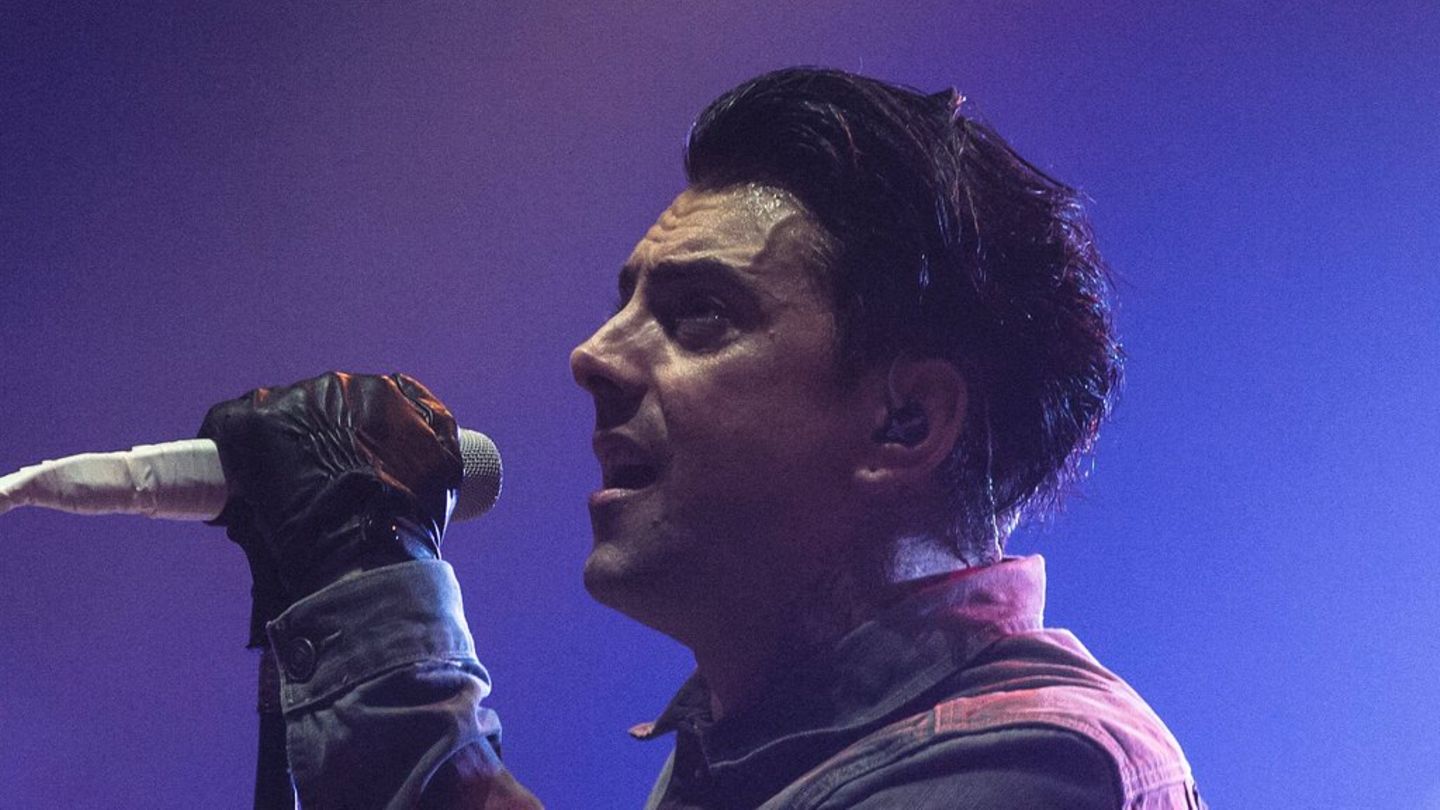Image: (APA/EVA MANHART)
Drastic prison sentences were imposed at the Vienna Regional Court on Thursday night, including two life sentences. Four defendants were found guilty of the core of the allegations made against them.
The jury imposed the maximum sentence twice on the four defendants, who, according to the first instance decision, had supported the assassin, for terrorist offenses in connection with the murder, once 20 and once 19 years imprisonment. Two of the defendants were acquitted of the charge of involvement in the murder. However, they each received two years in prison, eight months of which were unconditional, for membership in the radical Islamist terrorist militia “Islamic State” (IS) and distribution of IS propaganda material. All judgments are not final.
The eight jurors followed the core of the prosecutor’s indictment for the third, fourth, fifth and sixth accused, whereby the men, with the exception of the fifth accused, were attributed to the IS and also found guilty of distributing relevant propaganda material. As for the main allegations, the third defendant was found guilty of knowingly assisting the assassin from May 2020 until the day of the attack, helping to choose the target and making escape arrangements by obtaining forged papers. He was sentenced to 20 years in prison.
It was assumed that the fourth accused had encouraged the assassin to carry out the crime from July 2020 until the day of the attack and had prepared the murder weapons, ammunition and other utensils in the assassin’s apartment. It was a life sentence for him.
In the case of the fifth defendant, the jury came to the conclusion with a 5:3 vote that he had provided and handed over the firearms used in the attack – an assault rifle and a pistol – and the appropriate ammunition to the assassin in June and September 2020. For the lay judges – even if not within the framework of a terrorist organization – the facts of the crime of participation in the murder were fulfilled. He was also sentenced to life imprisonment.
The jury took a similar view of the sixth suspect, who, according to the verdict, was believed to have helped organize the purchase of the arms and ammunition and put the assassin in touch with the fifth suspect by giving him his phone number. The sixth defendant was believed to be involved in a terrorist organization. He was sentenced to 19 years in prison – since he was still a young adult, life imprisonment was out of the question.
According to the judge, the “reprehensible motives of the IS” aggravated the extent of the sentence for the third, fourth and sixth defendants. For all three – as well as for the fifth accused – the combination of several crimes and misdemeanors was also aggravating. In the case of the sixth defendant, his two relevant previous convictions were also responsible for the amount of the sentence. A partial confession to chats with propaganda content had a mitigating effect on all of them.
In the case of the first accused, the jury lacked evidence that he – as incriminated by the prosecution – had supported the assassin psychologically and in planning and preparing the attack and, knowing about his murderous plans, had driven him to Slovakia on July 21, 2020, where he had received ammunition wanted to buy for the AK-47 assault rifle used in the assassination. He was sentenced to 24 months, eight of which were unconditional, for being a member of IS and distributing propaganda material.
Contrary to the indictment, it was not assumed that the second accused had helped the assassin on the day of the attack in preparing for the crime and in selecting the target of the attack and had encouraged him in his decision to commit the crime. As an IS propagandist, he also extended 24 months, of which eight months were unconditionally pronounced. The man, who was arrested shortly after the attack and had been in custody for over two years, was released after the trial. The first accused had been at large for a long time.
The combination of several offenses also had an aggravating effect on the two defendants, who were acquitted of the central points of the indictment. On the other hand, their “proper change of life” as well as a partial confession and the fact that the offenses of the first accused were far in the past – namely in 2015 – were mitigating. In addition, the fact that the second accused had not yet reached the age of 21 at the time of the crime reduced his sentence.
After the verdict was announced, defense attorneys for the fourth, fifth and sixth defendants announced that they would lodge appeals for annulment and criminal appeals. The third defendant exercised his right to a three-day reflection period. The first and second defendants waived appeals. The prosecutor did not make any statements about any of the verdicts.
Source: Nachrichten




